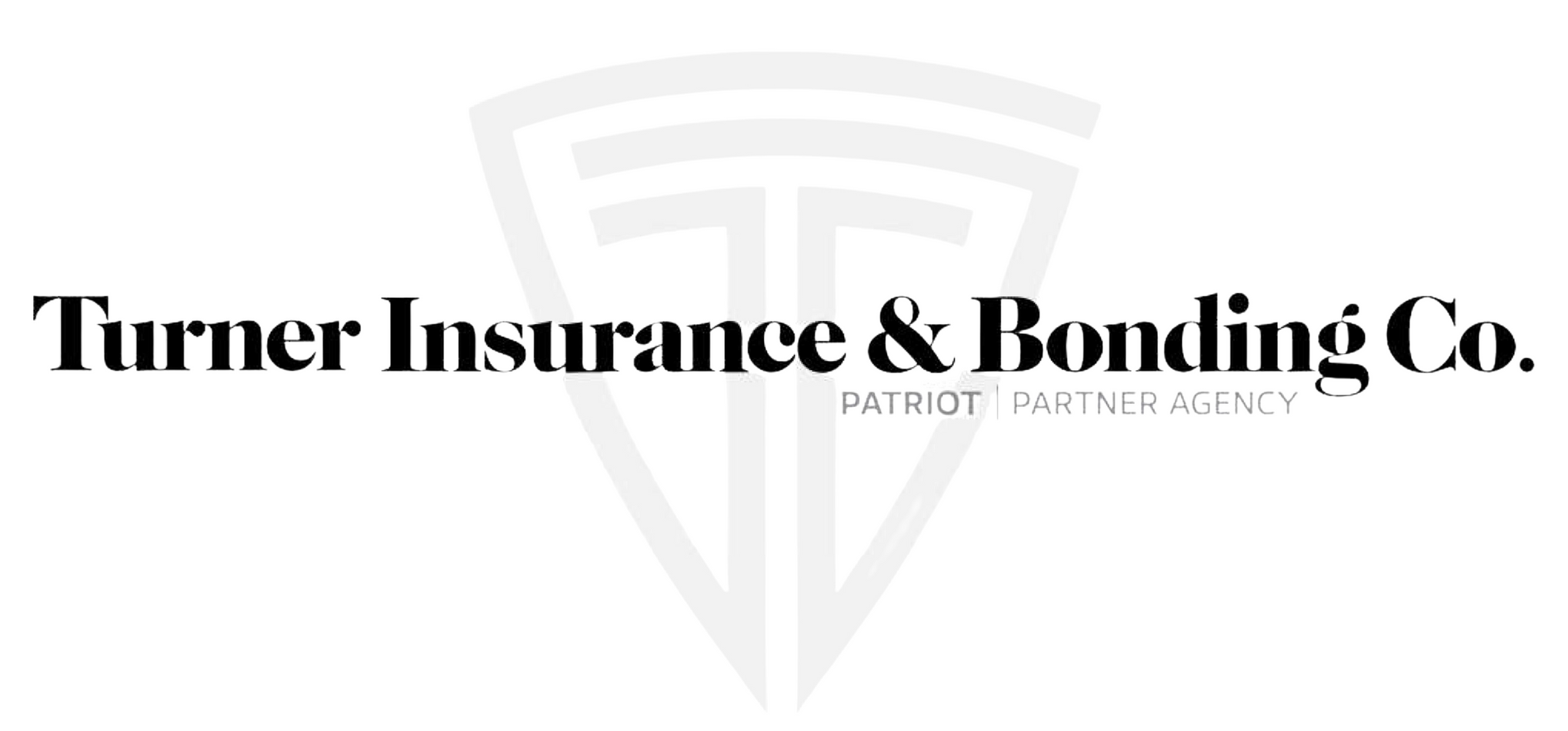
Construction Offerings
Coverage Overviews
General Liability
General liability insurance covers third-party bodily injury and property damage claims arising from your construction operations and completed work.
This includes:
- Injuries sustained by people other than employees who are hurt while at your construction site or due to your work
- Damage to property of others caused by your construction activities - e.g. damaging a neighbor's house while operating machinery
- Lawsuits from clients for property damage or bodily injury after the project is complete
General liability policies do NOT cover:
- Damages to your own property
- Injuries sustained by your employees (that would be covered by workers comp insurance)
- The costs to fix or replace your faulty workmanship or products
- Damages arising out of the ownership, maintenance, or use of automobiles and other motorized vehicles and equipment
Key exclusions to understand further:
- Damage to your own work that results from faulty workmanship unless there is resulting bodily injury or property damage to third parties
- Professional liability coverage for design, engineering, surveying, architecture services
- Cyber risks and data breaches
The limits, coverages and exclusions can differ substantially by insurer, so work closely with agents to ensure adequate coverage.
Builder’s Risk
Builders risk policies provide a vital safety net for construction companies, safeguarding against unforeseen events that could otherwise result in significant financial losses.
Importance for Construction Companies: For construction companies, this insurance is crucial as it protects their financial interest in the materials and equipment used for the construction. It's also often a requirement in many contracts and a necessity for securing financing for the project.
Coverage Scope: Builders risk insurance typically covers damage to the insured structure from a wide array of events such as fire, wind, theft, lightning, hail, explosion, vandalism, and in some cases, natural disasters like earthquakes and floods. However, the exact coverage can vary depending on the policy and the insurer.
Time-Sensitive: These policies are generally project-specific and are only effective for the duration of the construction project. The insurance starts when the construction begins and ends when the project is completed or handed over.
Worker’s Compensation
Worker’s Compensation insurance is a crucial element for businesses in the construction industry, providing coverage for employees who are injured or become ill as a direct result of their job.
Mandatory Coverage: In most jurisdictions, workers' compensation insurance is a legal requirement for businesses, including those in the construction industry.
Workers' compensation provides benefits to employees suffering from job-related injuries or illnesses. This includes coverage for medical expenses, rehabilitation costs, and lost wages due to time off work. In the case of fatal accidents, it can also provide death benefits to the employee's family.
The cost of workers' compensation insurance in construction can vary significantly depending on several factors, including the type of work, the company's safety record, the job roles of employees, and the state in which the business operates.
Contractor’s Equipment
Contractor’s Equipment Coverage is a specialized form of insurance vital for construction companies and contractors. It is designed to protect the equipment and machinery used on construction sites.
Coverage Scope: Contractor’s equipment insurance typically covers loss or damage to machinery and equipment used by contractors, such as bulldozers, cranes, forklifts, excavators, and other heavy machinery. It can also extend to smaller tools and equipment.
Protection Against Various Risks: This insurance covers a wide range of risks, including theft, vandalism, fire, accidental damage, and some natural disasters. The exact coverage depends on the policy.
Exclusions and Limitations: Like any insurance policy, contractors equipment coverage has its exclusions. Wear and tear, mechanical breakdown, and damage due to improper use or maintenance are typically not covered.
Professional Liability
Professional Liability Insurance for contractors, often referred to as Contractors Errors & Omissions (E&O) Insurance, is a specialized form of coverage tailored to the risks faced by contractors in their professional capacity. It's designed to protect against claims of negligence, mistakes, or misrepresentations that occur during the course of providing construction services.
Legal Defense Costs: Professional liability policies typically cover legal defense costs if a contractor is sued for a covered claim. This aspect is vital as legal proceedings can be expensive and time-consuming.
Exclusions: These policies have exclusions, such as intentional wrongdoing, known claims before the policy inception, and, in some cases, bodily injury or property damage
Reputation Protection: Maintaining professional liability insurance helps contractors safeguard their reputation by ensuring they can respond effectively to claims and resolve disputes professionally.

Excess Liability
Excess Liability Coverage, often referred to as Umbrella Liability Insurance, is a type of insurance policy that provides additional liability coverage beyond the limits of the insured's primary policies, such as general liability, auto liability, and workers' compensation. For contractors, excess liability coverage is an important aspect of risk management.
Protection Against Major Claims: In cases of major accidents or significant damages that exceed the limits of a contractor's primary liability policy, excess liability insurance can be crucial in protecting the contractor’s business assets and financial stability.
Excess liability coverage is a critical component for contractors in managing and mitigating risks. It provides an additional layer of protection against potentially devastating financial losses from large claims and lawsuits, ensuring the long-term viability and stability of a contractor’s business in a high-risk industry.
Cyber Liability
Cyber Liability Insurance is an increasingly important form of coverage, especially in an era where digital operations and data management are integral to business functions. For contractors in the construction industry, cyber liability insurance provides protection against the risks associated with electronic business practices, data breaches, and cyber attacks.
Data Breach Coverage: This insurance covers the costs associated with a data breach, including notification costs, credit monitoring services for affected individuals, and public relations efforts to manage the damage to the company's reputation.
Cyber Attack Response: Cyber liability insurance helps cover the costs of responding to a cyber attack, including investigations, data recovery, and repairing damaged systems.
Extortion Coverage: It includes coverage for costs associated with cyber extortion, such as ransomware attacks where a hacker demands payment to stop the attack or release data.
Commercial Auto
Commercial Auto Coverage is essential for contractors who rely on vehicles for their business operations. This type of insurance is designed to provide financial protection against the risks associated with operating company vehicles.
Liability Coverage: This is a fundamental component of commercial auto insurance, covering bodily injury and property damage that the contractor or employees may cause to others while operating a company vehicle. This includes legal defense costs if the contractor is sued over a vehicular accident.
Collision Coverage: This part of the policy covers damage to the contractor's vehicle resulting from a collision with another vehicle or object, regardless of fault.
Comprehensive Coverage: This coverage protects against damage to the contractor's vehicle from non-collision incidents, such as theft, vandalism, weather events, and other perils.